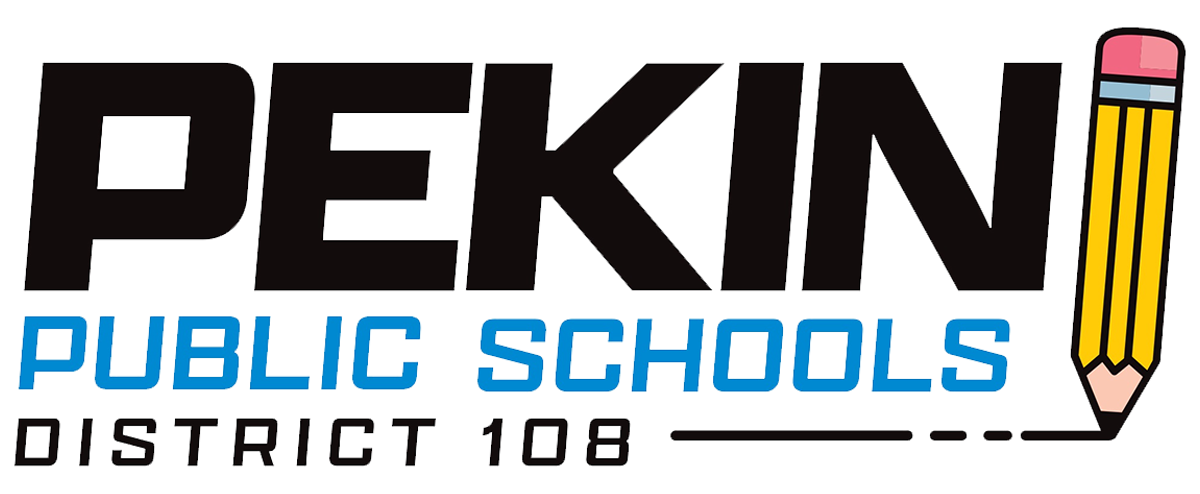School Board
Code of Conduct
The Code of Conduct presented below was adopted in 1975 by the Board of Directors of the Illinois Association of School Boards and recommended to its member school boards. Today, specially printed copies of the Code hang on the walls of many school board offices where they serve as constant reminders of board responsibilities. Also, some school boards use the Code as part of their induction ceremonies for newly elected members.
Code of Conduct
As a member of my local board of education, I shall do my utmost to represent the public interest in education by adhering to the following commitments:
I shall represent all school district constituents honestly and equally and refuse to surrender my responsibilities to special interest or partisan political groups.
I shall avoid any conflict of interest or the appearance of impropriety which could result from my position, and shall not use my board membership for personal gain or publicity.
I shall recognize that a board member has no legal authority as an individual and that decisions can be made only by a majority vote at a board meeting.
I shall take no private action that might compromise the board or administration and shall respect the confidentiality of privileged information.
I shall abide by majority decisions of the board, while retaining the right to seek changes in such decisions through ethical and constructive channels.
I shall encourage and respect the free expression of opinion by my fellow board members and others who seek a hearing before the board.
I shall be involved and knowledgeable about not only local educational concerns, but also about state and national issues.
In addition, I shall encourage my board of education to pursue the following goals:
The development of educational programs which meet the individual needs of every student, regardless of ability, race, sex, creed, or social standing.
The development of procedures for the regular and systematic evaluation of programs, staff performance, and board operations to ensure progress toward educational and fiscal goals.
The development of effective school board policies which provide direction for the operation of the schools and delegate authority to the superintendent for their administration.
The development of systematic communications which ensure that the school board, administration, staff, students, and community are fully informed and that the staff understands the community's aspirations for its schools.
The development of sound business practices which ensure that every dollar spent produces maximum benefits.
As required, all District 108 Board of Education members have
completed required professional development pertaining to
the Open Meetings Act (OMA) and the Performance Evaluation
Reform Act (PERA).
